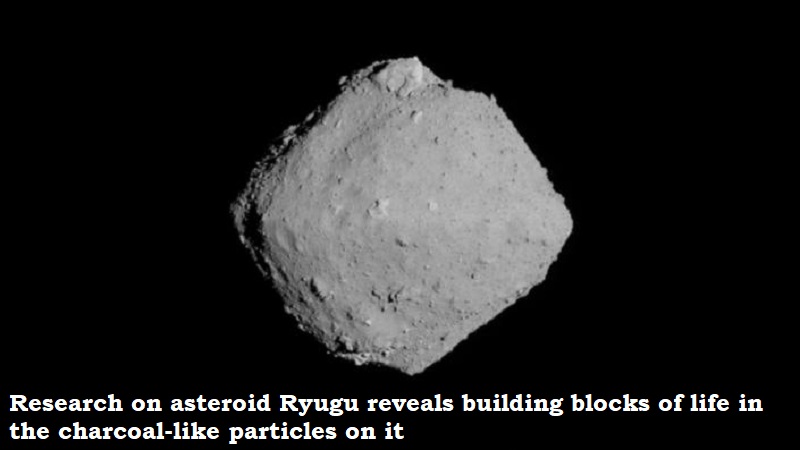
Scientists have discovered the presence of a crucial building block of life, a ribonucleic acid (RNA) component, on an asteroid called Ryugu. The discovery has bolstered the theory that life on Earth may have originated from extraterrestrial sources.
The Japan Aerospace Exploration Agency (JAXA) collected samples from Ryugu in 2019 using its Hayabusa2 spacecraft. After analyzing the samples, researchers discovered the presence of a type of RNA molecule called adenine.
RNA is essential to all forms of life on Earth, and adenine is one of the four building blocks of RNA, which is responsible for transmitting genetic information. The discovery of adenine on Ryugu indicates that the building blocks of life may exist throughout the universe.
Scientists have long speculated that life on Earth may have originated from extraterrestrial sources, such as asteroids or comets, that collided with the planet billions of years ago. The presence of adenine on Ryugu provides additional evidence to support this theory.
The discovery of adenine on Ryugu is also significant because it was previously thought that RNA molecules could not survive the harsh conditions of space, such as radiation and extreme temperatures. However, the fact that adenine was found on Ryugu suggests that RNA molecules may be more resilient than previously thought.
The findings have important implications for the search for extraterrestrial life, as they suggest that the building blocks of life may be widespread throughout the universe. The discovery of adenine on Ryugu is a significant step forward in our understanding of the origins of life on Earth and in the universe as a whole.

Post Your Comments